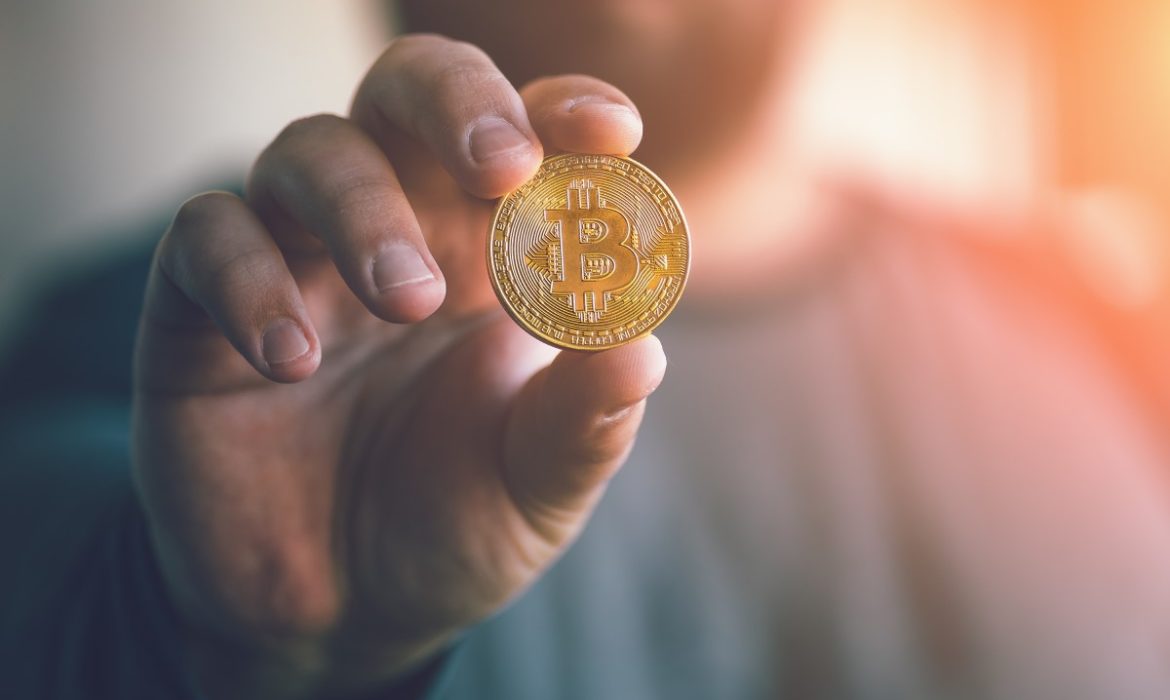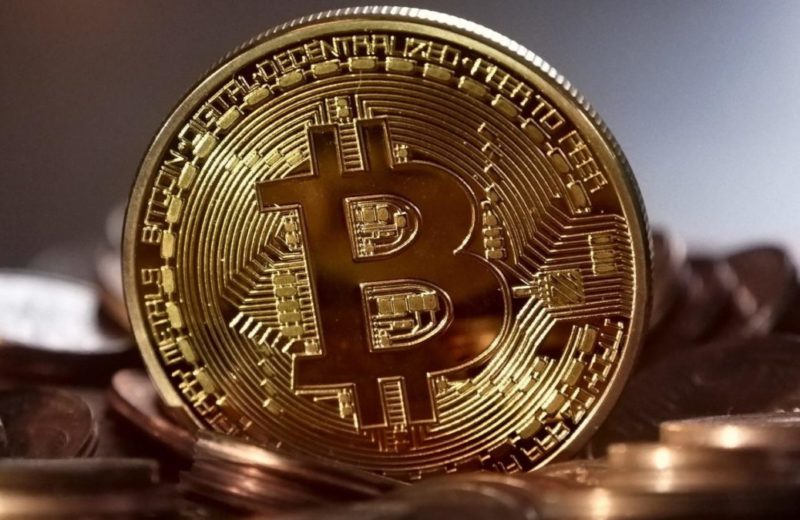There are two types of cryptocurrencies’ owners – those who use them as a future investment and thus hoard the currencies until the time (and price) is right. And those who use them for payments. While the second option is better for crypto trading development, there are numerous people in the first camp as well.
The problem is that most of those people don’t see crypto as an effective payment method. So, they approach the digital currencies from the beginning as an investment tool. They wait until the price is high to sell and reinvest. One of the reasons for such perception is the raging speculation about cryptos.
Peter Zimmerman, the senior economist at the Bank of England, stated that speculation creates congestion on the blockchain that harms a crypto’s utility and overall value. Additionally, it undermines the effectiveness of cryptocurrencies to function as a means of payment.
How Can Slow Transactions Hinder Crypto Market Development?
Blockchains have limited processing capacity. The periods of high usage make transactions slower and more expensive. So, if the cryptocurrencies’ utility as the payment tool influences its value, it means that slow and costly transactions make the cryptos less useful and, therefore, less valuable to holders.
As Zimmerman noted, limited settlement space creates competition between users of the currency. Speculation congests the blockchain, impacting cryptocurrencies’ price.
On the other hand, if speculative activity moves off distributed ledgers, using cash-settled derivatives, it could have considerable consequences for the cryptos’ nature. The digital assets could behave more like other asset-classes. Therefore, the crypto market would rally further, bringing more profit to the investors.
Cryptocurrencies’ main value driver is their utility as a means of payment – says Zimmerman. Though he also noted that this might not apply to the same level to initial coin offering tokens (ICO). As when it comes to them, the multiple versions work on the same blockchain at the same time.















